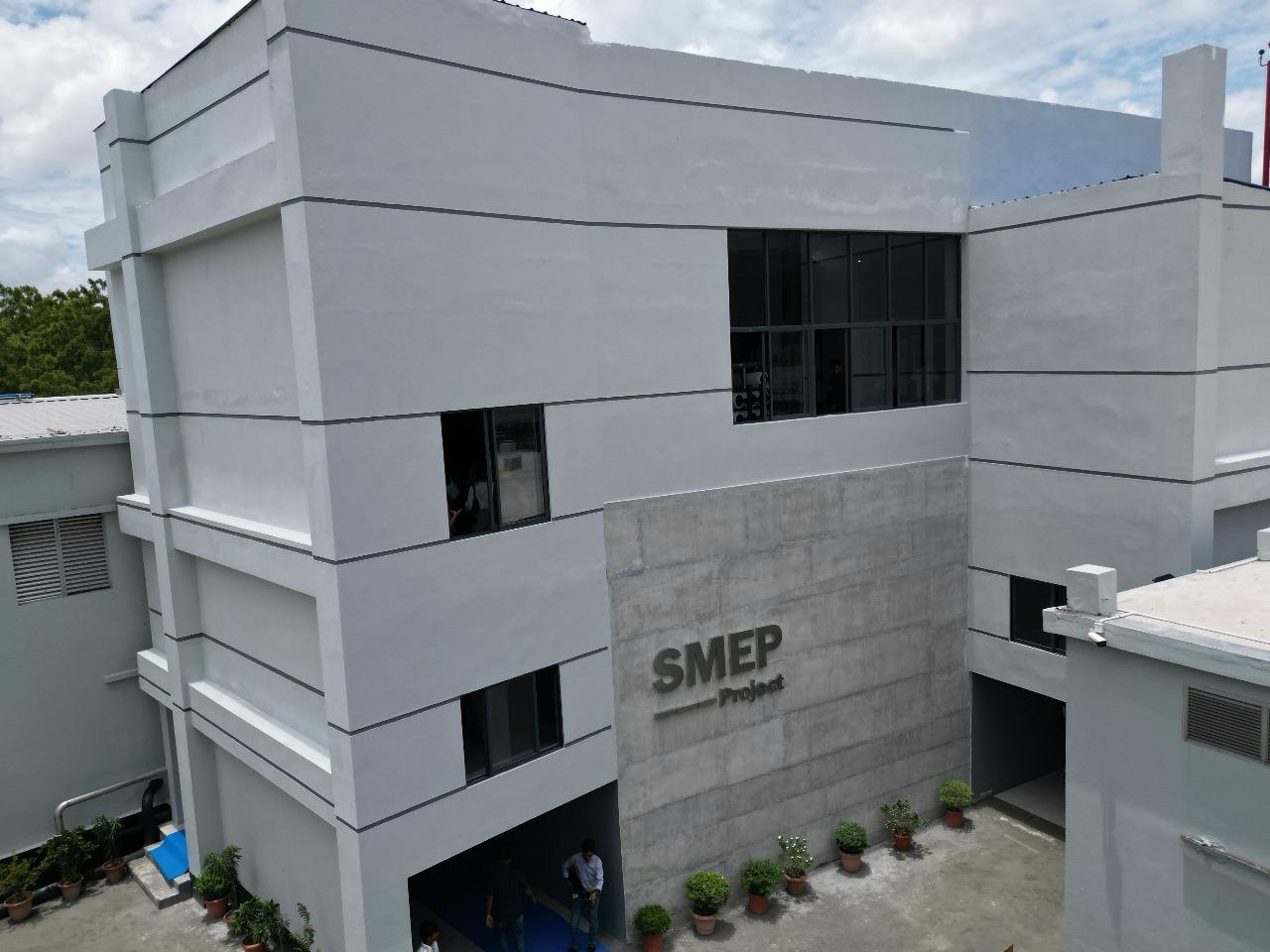Bangladesh on Wednesday has unveiled the first and largest Water Reuse and Wastewater Management Demonstration Site, marking a significant milestone in the country’s Ready-Made Garment (RMG) industry.
The project, co-hosted by Primark, Fakir Knitwears Ltd, and the World Bank’s 2030 Water Resources Group, is located at Fakir Knitwears’ factory in Narayanganj.
According to a press release, the new facility is designed to reduce fresh groundwater extraction by 30%, supporting Bangladesh’s Sustainability Water Roadmap 2030 and the United Nations Sustainable Development Goal 6 (Clean Water and Sanitation).
It will enable the annual reuse of 438,000 cubic meters of water, reducing production water consumption by 22%.
The project has been tested for commercial and technical viability by a global consortium, including Primark, H&M Group, Panta Rei, and others, with support from the UK Government’s Small and Medium Enterprise Programme (SMEP) and the United Nations Conference on Trade and Development (UNCTAD).
By reducing industrial freshwater withdrawal and improving wastewater treatment, the project aims to ease water stress in surrounding communities and decrease pollution.
Primark representative Lewys Isaac noted, “Over 90% of water bodies surrounding industrial factories in Bangladesh are severely polluted. This initiative will inspire gradual change.”
H&M’s Regional Country Manager, Ziaur Rahman, emphasized the need for collective efforts and said, “To build a sustainable environment, we must all work together in unison.”
Fakir Akhtaruzzaman, Managing Director of Fakir Group, stated, “This project will set a benchmark for the industry and help protect the future of our planet.”
The inauguration ceremony was attended by Fakir Mashfiquzzaman Fabi, Director of Fakir Knitwear, and Robiul Alam, Joint Secretary of the Ministry of Water Resources, as the chief guest.
Special guests included Lutful Ahmed, Additional Director General of the Department of Environment, and Dr. Mohammad Lutfur Rahman, Director of the Water Resources Planning Organization (WARPO). Senior officials from the Bangladesh Garment Manufacturers and Exporters Association (BGMEA), Bangladesh Knitwear Manufacturers and Exporters Association (BKMEA), and various international development organizations were also present.
This initiative is the first demonstration under the National Alliance for Water Reuse and Recycling, established in May 2025 by the Government of Bangladesh, the World Bank, and WARPO. The alliance aims to scale water reuse practices across the RMG sector nationwide.
Aligned with Bangladesh’s Water Act (2013), National Water Policy (1999), and the Bangladesh Delta Plan 2100, the facility is expected to inspire the adoption of water reuse technologies, reinforcing Bangladesh’s leadership in sustainable manufacturing.
The project is also set to create new employment opportunities, offering factory workers, engineers, and maintenance staff the chance to acquire skills in green technology.


